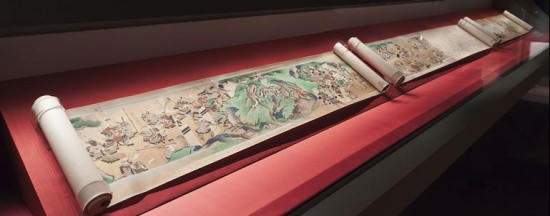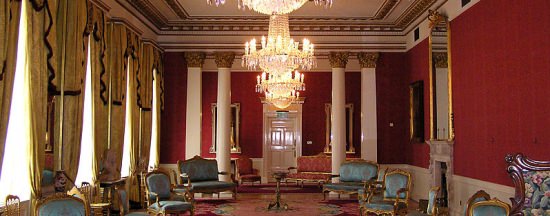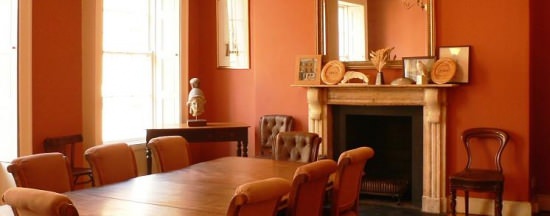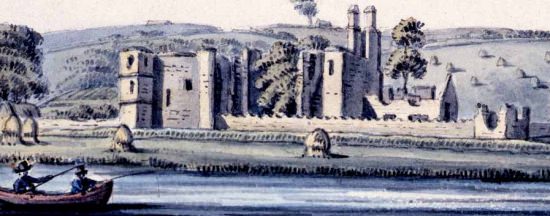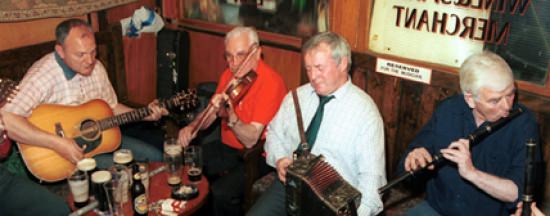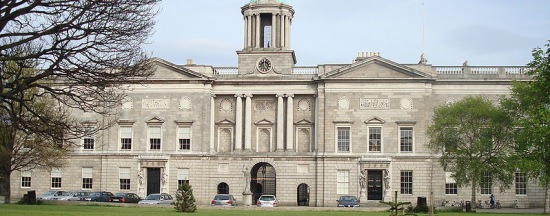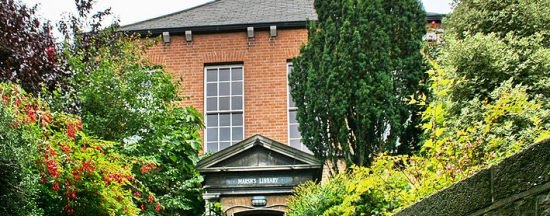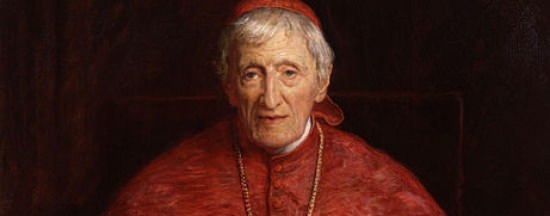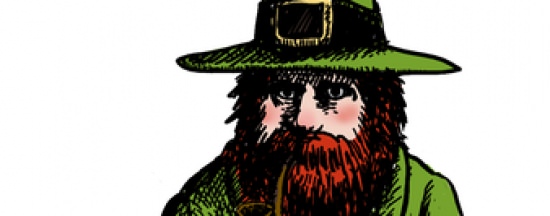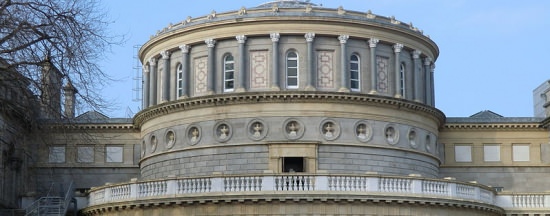With free admission and described by the Lonely Planet as not just the best museum in Ireland but one of the best in Europe, the Chester Beatty Library is a must-see on any Dublin visitor’s itinerary. Both an art museum and a library, it features rich collections from countries across Asia, the Middle East, North Africa and Europe, and opens a window on the artistic treasures of the great cultures and religions of the world. If time permits, visit the rooftop garden, a secret Dublin gem.
Manuscripts, miniature paintings, prints, drawings, rare books and decorative arts complete this amazing collection, all the result of the collecting activities of one man – Sir Alfred Chester Beatty (1875-1968). Egyptian papyrus texts and beautifully illuminated copies of the Qur’an, the Bible, European medieval and renaissance manuscripts are among the highlights on display. In its diversity, the collection captures much of the richness of human creative expression from about 2700 BC to the present day.
Opening Hours:
Mon – Sat: 9.45am – 5.30pm; Wed; 9:45am – late closing (8pm).
Sun: 12pm – 5.30pm
Free public tours take place every Wednesday at 5.30pm, Saturday at 2pm and Sunday at 3pm. Suitable for individual visitors, families and small groups (under 15 participants).
Booking required only for groups of 7 or more.
Closed on Monday for the months of November-February inclusive.
Closed January 1; Good Friday; December 24-26
Contact & Pricing:
chesterbeatty.ie
Dublin Castle, Dublin 2
Tel: 01 407 0750
Admission free; suggested donation €10
